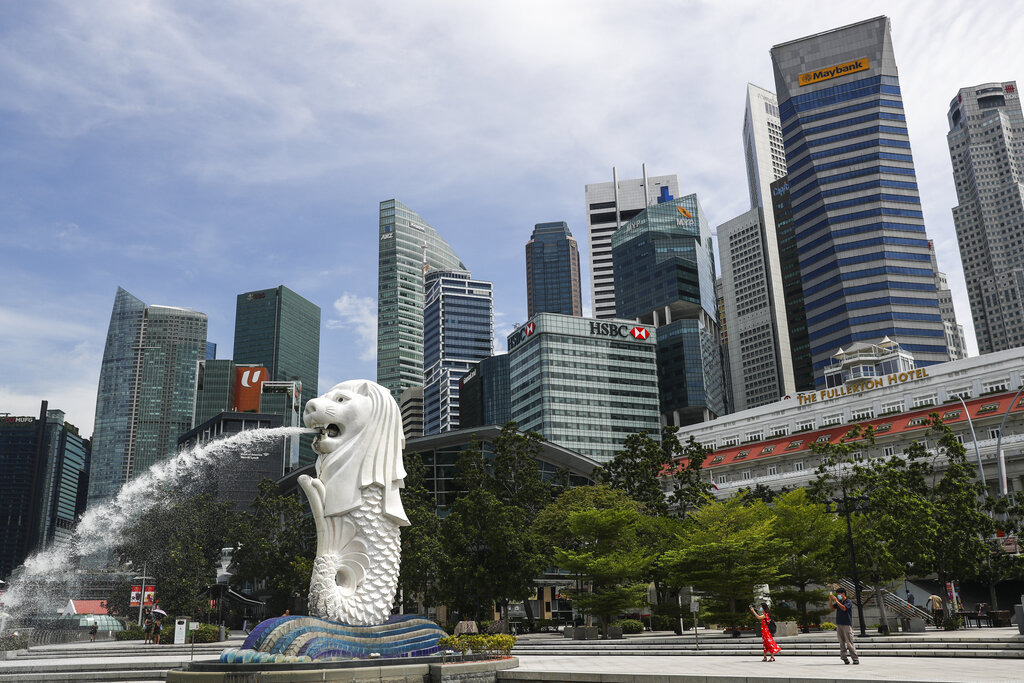
Singapore was among the first countries in Asia to reopen its borders and has kept its borders open despite the omicron hit. Community restrictions have also been progressively removed. Like other markets, returning to normalcy puts the consumption landscape back to where it was – leaning towards services, like food and beverages, movies and travel-related purchases and less on manufactured goods.
The latest inflation print for Singapore shows a rising cost of living. Hikes in food prices and electricity and gas tariffs were the major item in the gauge that fuel consumer prices. In April, the country’s core inflation, which excludes accommodation and private transportation costs, accelerated to 3.3%, compared to 2.9% in March.
More spending on services instead of goods should reduce the logistics and supply chain bottlenecks, which took the blame for causing inflating prices. Meanwhile, there are signs that staff is returning to certain services sectors given the current high wages. Lorraine Tan, director of equity research for Asia at Morningstar, believes that although this means that higher wages may stay, there should be a ceiling to the rise.
“Our base case view is that the current high inflation is transitory, related largely to bottlenecks in logistics and labor force as economies recover from the pandemic that has been exacerbated by geopolitical risk due to the Ukraine War,” says Tan.
Moat and Cash Flow
Tan thinks the moat-y companies will see less risk to their profit margins should inflation overshoot expectations. Thus, in her picks of three Singapore stocks, she expresses two views: 1) economic moat, which investors can infer their ability to pass rising costs on to customers; 2) free cash flow, which allows a company to reward shareholders in different ways.
“Companies with a wide or narrow economic moat and which therefore enjoy greater competitive advantages are expected to be more resilient in this regard.” Tan continues: “Importantly, investors may want to focus on companies with strong positive free cash flow who can channel excess cash into dividends or buybacks. With the prospect of slowing earnings growth, we think additional gains via attractive dividend yields are material to positive returns.”
3 Stock Picks
From a broad sectoral view, Tan recommends investors shift to a more neutral position on energy and materials names. She says: “We believe the current high energy prices are due to the Ukraine War. Although the timing [for the development of the war] is hard to predict, we believe prices are well above the sustainable demand-supply equilibrium level.” Many names played catch-up and reach a fair valuation. For example, Keppel Corporation (BN4), a Singaporean conglomerate engaged in energy and infrastructure, has moved up 30% and Morningstar analysts now see the name as fairly valued.
Tan sees some value coming from financials, REITs, and industrials. “We think the Singaporean banks are net beneficiaries of rising interest rates. Select REITs and industrials are also attractive but mainly due to company-specific stories given the regional COVID rebound.”
Here are her picks:
1. DBS Group
Singapore banks are to benefit from rising interest rates and a recovery in regional economies. DBS Group is Morningstar analysts’ preferred pick as the bank is expected to benefit the most from a rising interest rate environment, thanks to its large Singapore dollar deposit base and a high proportion of low-cost, current, and savings deposits. DBS is also more sensitive to interbank rate changes, compared to rivals OCBC and UOB. For the medium-term growth prospect, DBS’ acquisition of Citi’s Taiwan operation may turn into a promising driver of net fee income growth for the bank.
With a strong capital position, Morningstar analysts expect the bank to lift its fourth-quarter dividend. Our dividend forecast is 4.7% at the current share price.
2. CapitaLand Integrated Commercial Trust
The substantial lifting of COVID-19 restrictions in Singapore encourages on-site working arrangements, thus recovering demand for office leasing. CapitaLand Integrated Commercial Trust’s office assets stand to benefit from the rental recovery as well as the limited near-term office supply in the centralized business district.
On the retail front, relaxed pandemic restrictions will boost overall shopper traffic and tenant sales, which should translate into improvements in retail leasing sentiment. Morningstar analysts expect CICT’s suburban malls, which are located near key transport hubs, to enjoy good positive rental reversions as well.
Recovery will start in CICT’s downtown malls and a hotel asset. However, a full recovery would not be achieved without China reopening its borders. Before covid, Chinese tourists were the largest source of inbound tourism for Singapore.
According to Morningstar’s research, CICT is estimated to see an 8% distribution-per-unit (DPU) growth in 2022 on the back of the improving office and retail outlook in Singapore. A full recovery of tourism would unlock another 9% of growth in 2023.
3. ST Engineering
ST Engineering is the last pick by Morningstar analysts.
Coronavirus impacts aside, ST Engineering’s story is about its operational excellence. Our analysts believe that STE is able to drive growth through improved utilization of its capital. By disposing of some non-core activities, the company consolidates its business lines which could bring synergies to its key aircraft maintenance and smart city activities.
Overall, STE’s EPS growth is solid as it is expected to grow at a five-year compound annual growth rate of 12.2%, which is much better than its past 10-year average of 2.7%.
The company also offers an attractive dividend yield of around 4%.






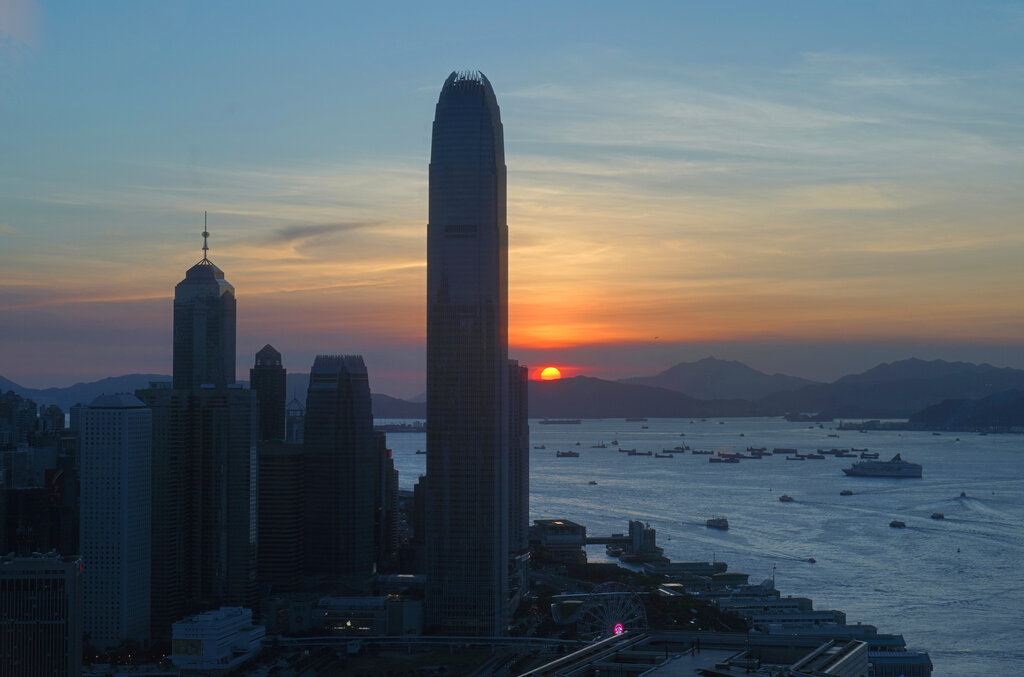
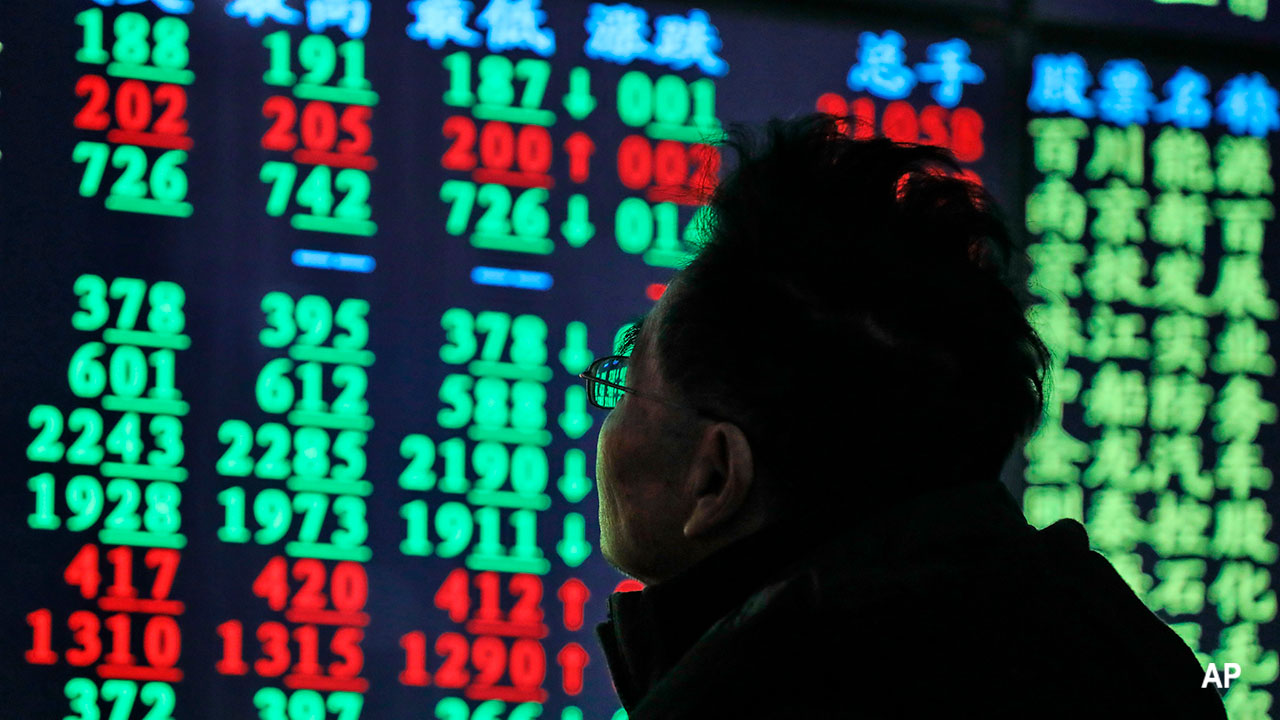
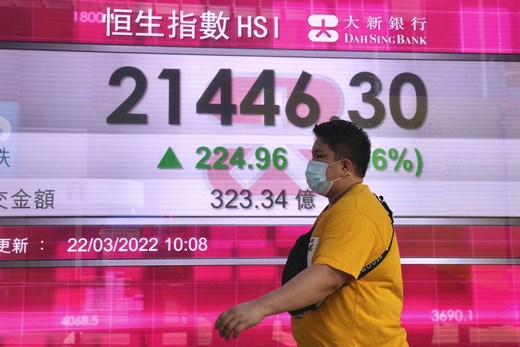
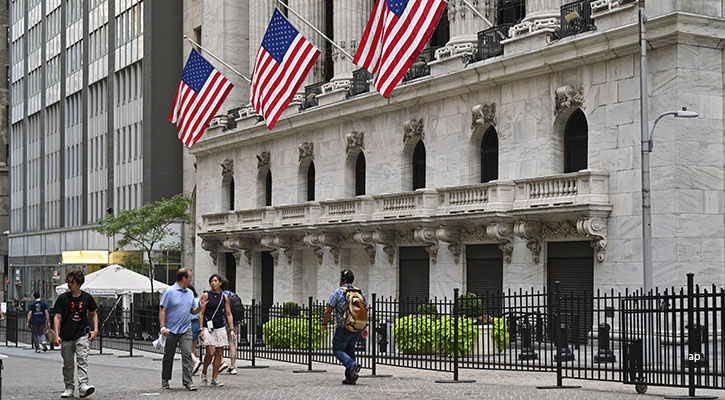



.png)





.jpg)





